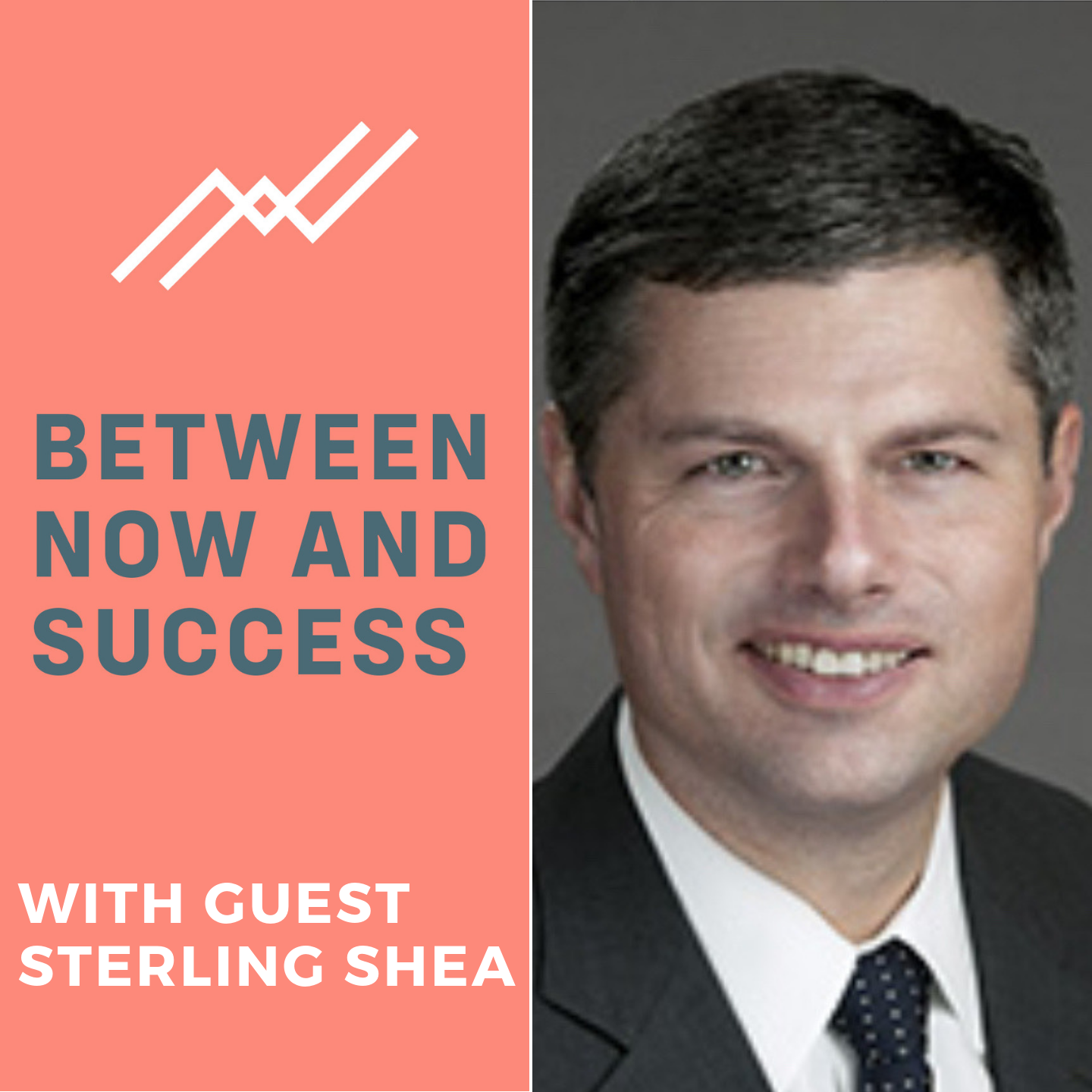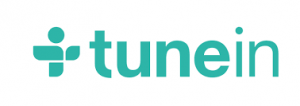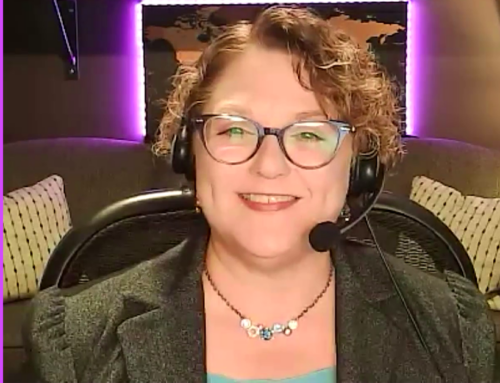Rather than thinking they’re in the “financial services” business, many top advisors view their work through a different lens.
They view themselves as being in the “hospitality” business.
On my latest podcast, Sterling Shea and I had a fascinating riff on this idea of hospitality as differentiated from simply providing “excellent service.”
As a financial advisor, we can do everything right. We can put a technically accurate plan together. We can create a historically tested asset allocation plan. We can answer the phone within the first or second ring and return phone calls within the same day. We can efficiently handle clients’ inquires. We can do all those mechanical things just right. And that’s good and we have to, it’s table stakes. But what really separates the best advisors is not how you do it, it’s how you make the client feel while doing it.
Sterling Shea is the global head of wealth and asset management at Dow Jones, and the associate publisher/head of advisory and wealth management programs at Barron’s. Our discussion turned into a master class in how to revamp your business and thrive as a world-class financial advisor, taught by someone who is at the forefront of where our industry is going and how the best of the best stay at the top.
To continue reading the rest of this post, please register below with your email address.
Key Insights from Sterling Shea How Barron’s Top Advisors Stay at the Top
1. Make a great first impression before you even meet prospects.
How many prospects are walking past your door before you even have a chance to shake their hands?
“We tell advisors, ‘You’re kidding yourself if you think a wealthy family that’s been referred to your business isn’t Googling your name, and Googling the name of the firm to see what comes up.’ And even if that’s agenda setting for them, a starting point to identify advisors they might talk to, it’s absolutely vital. What we hear a lot of is, an advisor will have a client that will come to them and say, ‘We just Googled top advisor in Connecticut. Your name popped up so we decided we would call you first. We’re going to talk to some other people as well, but we’re going to give your team the opportunity to come in and give a capabilities presentation,’” said Sterling.
On a recent podcast, marketing expert Abby Salahmeh told me this entire first-impression process takes all of 11 seconds. If your digital footprint isn’t making an instant and overwhelmingly positive impression, especially on high-net-worth individuals who know they have options, that prospect is already clicking elsewhere.
2. Upgrade your hospitality.
Of course, as important as it is to have a professional and attractive online presence, that’s really just table stakes in our digital world. To get from that first click to a handshake and signature, you have to sell the world-class client experience that your firm offers.
Sterling says that the best of the best advisors, “are thinking of their business almost in a framework of a hospitality business, where it’s the client experience taken in totality that’s really the primary differentiating factor. What is that client experience? It’s the sum total of every single touchpoint that your team has with that family. From the digital first impression, from the online footprint, to the initial meeting, to contact with support staff. Every process of the presentation and discovery component. The thank you note, performance reporting, the sum total of that is a total client experience. And the more that experience is streamlined, consistent, easy to understand, and positive, it’s a hugely powerful tool for business growth.”
3. Monetize your expertise.
One lesson all advisors should take away from the recent bull run is that we’re charging clients for our least-valuable services and giving away the most-valuable services for free. You probably weren’t getting many calls for portfolio management as the markets kept chugging along. But what happened when a client lost their job? Or when a spouse died? Or when a child got accepted to a pricey college? Did your clients call you up for help with those major life transitions? Were you even on their radar?
If not, why not? Have you positioned yourself so that clients understand you’re more than just a money manager? Are you as indispensable as you could be?
“As the largest generation of wealth holders in America, baby boomers, move from the accumulation phase to the distribution phase, their needs are going to shift,” says Sterling Shea. “And what they’re looking for from financial advisors is going to change. We think they’re going to be less willing to pay for what they perceive as ongoing maintenance of an investment portfolio. But they’re going to be more willing to pay for what they perceive to be expert counsel on life transitions, for which they need a talented and trusted financial counselor.”
The best firms are putting a high premium on talent that has those kinds of strong people skills. If everyone from your receptionist to your senior-most advisors are as good at tending to your clients’ emotional needs as their financial ones, you’re going to create the kind of consistent hospitality experience that leads to life-long clients and more referrals.
“We think it’s going to be a big differentiator between the winners and losers moving forward, the teams that have that capability,” Sterling says.
4. Prepare for the next generation.
So what do baby boomers want and need as they’re preparing to retire? What are the best firms doing to create truly meaningful relationships with clients on the cusp of some major life transitions?
“Right now you’re hearing a lot around estate work, trust, multi-generational wealth transfer,” says Sterling Shea. “That in particular is a huge issue where an advisor can shift the way they’re perceived by their client. Instead of being perceived as simply someone who has access to capital markets, you can be perceived as that trusted family wealth steward.”
Yes, involving yourself in these areas can lead to some highly charged and highly emotional family issues. But you don’t have to be a counselor or a psychologist to help matriarchs and patriarchs navigate these waters. You just need to be human, and open to understanding where your clients are coming from and where they want to go.
“The advisor’s ability to foster those conversations, help alleviate some of the tension, and create a wealth transfer plan can offer huge peace of mind. It can save an enormous sum of money that is hard to replicate,” Sterling Shea says. “If you can save someone huge money on their estate plan, that’s really hard to beat on the other side of the ledger.”
And if your services in creating that money-saving estate plan are invaluable, there’s a good chance your clients are going to introduce you to their heirs. The earlier you hook millennials on the scope and quality of your services, the less likely they’re going to be to trust their financial future to an app or robo service.
5. Lead with better questions
“How I would characterize those advisors that are having the most success, and winning new business, it’s an attitude of, ‘Let’s throw out the pitch book,’ says Sterling Shea. “We’re better off with a pad of paper and a pen. It’s not about positioning the advisor as a financial expert or investment guru, it’s more about a pitch that leads with the questions. Instead of saying, ‘This is how we manage money,’ it’s more about asking the client, ‘What is the intent of your family’s wealth? Let’s really talk about your needs, and what you’re looking for to know if you’re even a good fit for our team.’”
This is why improving your discovery process is so important. From the client’s perspective, your willingness to explore the memories and experiences that have influenced how they think about money communicates that you’re interested in them as people, not just as numbers on a spreadsheet. And from your perspective, how clients answer your key questions is going to tell you what kinds of services they really need from an advisor, and if you’re really the best advisor to provide those services.
6. Use branding to tell your firm’s story.
The more effectively you’re able to communicate to prospects why they should work with you during those critical 11 seconds, the better your chances of ramping up business. That means better marketing, more events to connect your firm to the community, and strong branding that tells folks a story about success in finance and life that they’re going to want to be a part of. Sterling believes branding is actually an area where smaller firms have an opportunity to set themselves apart and grab a slice of the pie from the big boys.
He explains, “We believe that moving forward, big financial institutional brands, however strong they are, are going to matter a little less. Individual personal advisor brands in their community, and to their clients are going to matter more. We define a brand as the cluster of values that people associate with doing business with your team. You have to be able to define that, and you’re in charge of what that should be. What are those values, and how do you articulate that? And how do they manifest across all of the touch points that you have as an advisor? So the story, the narrative, the value proposition, as it’s articulated by an individual advisor, is going to be a really defining component of their competitiveness.”
Resources
– Connect with Sterling Shea on LinkedIn
– “Setting the Table” by Danny Meyer Sterling Shea says this book by a noted restaurateur can help advisors think about their business as service organizations.
– “The Behavioral Investor” by Dr. Daniel Crosby Sterling Shea believes Dr. Crosby’s ideas about behavioral economics and coaching are going to become more and more important for advisors. You can also listen to my podcast with Dr. Crosby by clicking here, and another that I recently co-hosted with Bill Keen by clicking right here.
– Using the “Client Experience” to Generate $3 Billion in Organic Growth with Michael Chasnoff Michael and I discussed his unique approach to providing more services for clients.
– Forbes’ #1 Woman Wealth Advisor Rebecca Rothstein on How Curiosity and Tenacity Got Her to the Top Rebecca gave me some great ideas on how advisors can make themselves invaluable to clients.
– RIA CEO Michael Nathanson on How to Be a Real Leader That Gets Results Michael explained why he believes his most important role is Chief Inspiration Officer.
– Succession planning case study with industry legend Tim Kochis Sterling Shea believes too many advisors are lacking a succession plan. This podcast has some great tips from a true expert.
– Values Clarification Toolkit Click here to download this FREE tool and start living your values.









